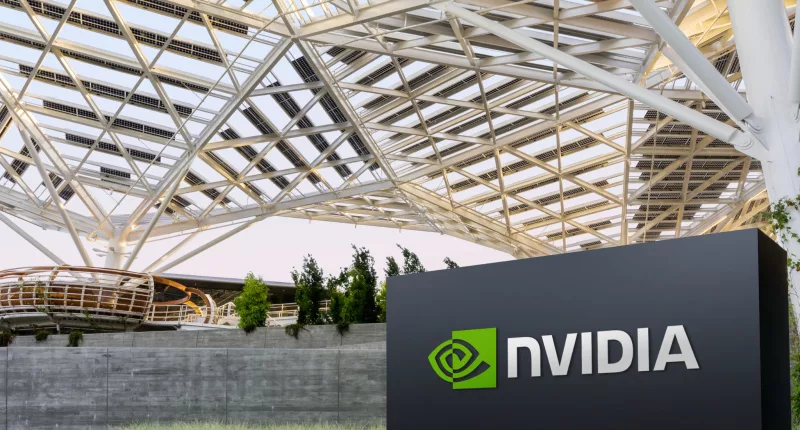Nvidia is close to becoming the first company in history to reach a $5 trillion market value. The company’s shares have continued to rise sharply as demand for its advanced computer chips keeps growing across industries. These chips (also known as GPUs) are the engines that power the AI systems behind tools like ChatGPT, Google’s Gemini, and many of the world’s largest data centers.
Recent announcements from CEO Jensen Huang have also fueled investor excitement. Nvidia revealed that it has secured about $500 billion in AI chip orders and is working with the US government to build several new supercomputers designed for AI research. Earlier this month, the US government approved several billion-dollar worth of Nvidia’s chip exports to the United Arab Emirates (UAE), under a bilateral AI partnership. The deal allows the UAE to import up to 500,000 of Nvidia’s top AI chips annually from 2025 to at least 2027 (possibly extending to 2030).
These projects clearly show the company’s growing influence not only in the private sector but also in national/international technology and defense initiatives. At the same time, the company’s next-generation chip series (known as Blackwell) is designed to be faster and more energy-efficient than its previous models, which could boost Nvidia’s lead even further in the rapidly growing AI industry. Just a few weeks ago, the semiconductor giant Nvidia confirmed it had completed its first US-made Blackwell chip wafer, produced at TSMC’s Arizona plant. More recently, the company committed to buy a $1 billion stake (around 3%) in Nokia as part of a strategic partnership to integrate its chip and AI stack into Nokia’s 5G and 6G network equipment
In September 2025, Nvidia finalized a $6.3 billion deal with CoreWeave (a US and Europe based AI data center operator) for cloud computing capacity. Under the agreement, Nvidia will purchase any unsold capacity through April 13, 2032. In the same month, Nvidia also announced plans to invest up to $100 billion in OpenAI, agreeing to supply at least 10 gigawatts of its high-performance AI hardware to support OpenAI’s rapidly growing computational demands.
Earlier in July 2025, Nvidia became the first company to close above a $4 trillion valuation, surpassing Microsoft and Apple to become the world’s most valuable publicly traded firm. Notably, the Santa Clara–based tech giant had first crossed the $1 trillion mark in June 2023.
However, despite these achievements and efforts, Nvidia’s path in the AI domain has not been entirely smooth. Just a few months ago, the company was experiencing a slowdown in sales and production issues due to US export restrictions amid rising US-China trade tensions. Currently, the company is still facing legal scrutiny in China over alleged antitrust violations. In August 2025, Chinese regulators reportedly told local firms to stop using Nvidia’s H20 AI chips. At the same time, the company continues to face growing competition from rivals like AMD and Intel.
The Tech Portal is published by Blue Box Media Private Limited. Our investors have no influence over our reporting. Read our full Ownership and Funding Disclosure →






